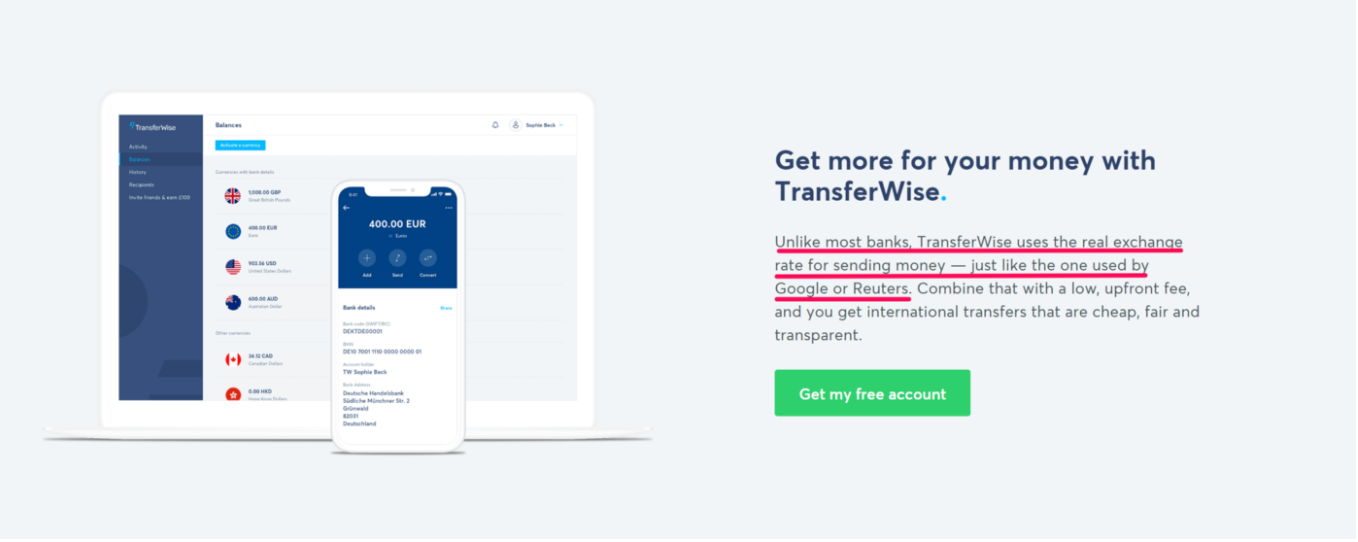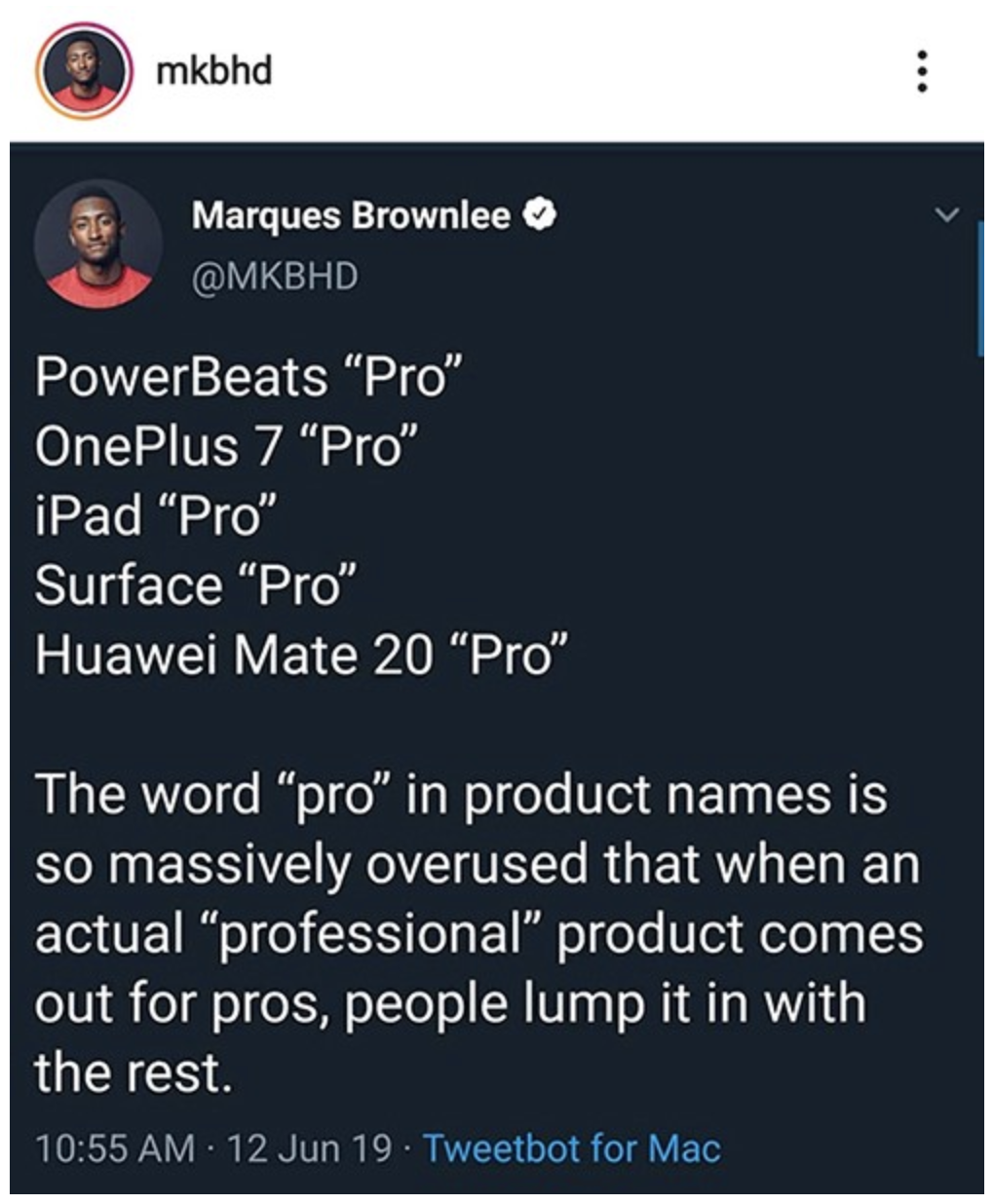Words are a product marketer’s most handy and inexpensive tools. Use the right ones and you’re one step closer to changing people’s minds and habits.
Abuse them though and you end up with a bloated mass of followers who’re confused and tired of your stale messaging.
Journalist William Zinsser wrote that “clutter is the disease of American writing”.
That’s the case with most product copy these days. So without further ado, here are 8 overused words in product marketing to get rid of.
Disclaimer: I’ve caught myself using these words too many times than I’d like to admit, with some of them still haunting me when I’m in a creative rut or feel lazy.
1. Seamless
Followed by its cousins “easy”, “smooth”, and “frictionless”.
I get it. You want to tell us that your product is so intuitive that even grandma could use it. Still questionable though. Instead, associate features with an activity that is well known by the majority of your customers.
A good example is TransferWise, who claims to use the same real exchange rate Google does — a natural thing most of us do when comparing currencies to one another.

2. Cloud-based/SaaS
This is not 1999 and you’re not Mark Benioff launching Salesforce. “Online” should be enough.
3. End-to-end/All-in-one
Normally used by product marketers in an attempt to cast a wide net and catch as many customers as possible. Ironically, this one-size-fits-all phrase comes off as a pathetic scream from someone too lazy to define their target market.
As Andy Raskin put it:
Its desperate, self-centeredness has the quality of a scorned lover. “But I’m the whole package!”
4. Real-time
Although it sounds good on paper, we all know it doesn’t work in real life. I mean, how many times have you received instant feedback at work, only to quit your current task and lose momentum?
This study suggests that feedback provided on a too frequent basis (weekly in this case) reduces performance and limits our ability to discern signal from noise. Mainly because of the information overload and slow recovery from negative feedback. Remember this when you want to position your notifications, changes, or updates as real-time.
5. Robust
Refers to something strong and healthy, like Arnold Schwarzenegger in his prime time. The reason why product marketers still use it is to reassure customers that their product or software platform in general is a safe bet.
Then why keep the “99.99% uptime in the last 12 months” message? Right, because you’re still liable to external risks that are not in your full control, like an unpredictable server downtime.
6. Scalable
Deriving from the microeconomics term “economy of scale”, “scalable” depicts an increase in the manufacturing output followed by a decrease in costs. In product marketing though, it means that it’s not going to cost you extra money if you decide to deploy a product or software to other business units.
Truth be told, these costs add up in terms of infrastructure (databases) and personnel (the extra hired customer success reps need to be paid too).
7. Granular
For too long, “granular” has been my favorite word to express the detailed level of control customers can exercise over certain features and data points.
Until I realised that at its best, it adds no perceived value. At its worst, it only implies that I think of them as anal rentetive managers with no souls.
8. Pro
Not so common in B2B (or at least the software market) where it usually appears under pricing plans, this acronym tends to get overused in B2C. I’ll leave MKBHD to sum it up:

Declutter yourself
Writer’s rut or lazyness may struck us now and then. But as product marketers, it’s our duty to seek new ways of saying the same thing.
So declutter yourself of these overused words as a first step to win more customer hearts.
Now of course, this is not a finite list. Add yours in the comment below, and let me know why you agree or disagree with the ones already mentioned.


 Follow us on LinkedIn
Follow us on LinkedIn
